Staying ahead of the competition requires more than just offering a great product or service. Businesses must understand their competitors inside out from marketing strategies to pricing, from SEO performance to customer sentiment. This is where competitive intelligence tools come into play. These platforms equip marketers, analysts, and strategists with actionable data that drives smarter decision-making and more refined go-to-market plans.
As a professional in AI marketing and analytics, I’ve tested, analyzed, and deployed a wide range of tools designed specifically to enhance competitive research and market intelligence gathering. In this post, we’ll take a deep dive into the best competitive intelligence tools available in 2025. Each tool mentioned here has unique features, strengths, and use cases that can help any business from startups to enterprises outsmart their competition with data-driven insights.
Why Competitive Intelligence Matters in 2025
The modern consumer journey is more fragmented than ever. With multiple digital touchpoints and channels influencing purchase decisions, companies can no longer rely solely on gut feelings or generic industry reports. Competitive intelligence offers real-time insights into competitor behavior, customer expectations, and market opportunities. More importantly, it allows you to be proactive instead of reactive.
Imagine knowing what products your competitors are about to launch, which keywords they’re dominating, or where they’re getting the bulk of their traffic. That’s not a luxury anymore, it’s a necessity. This level of insight enables you to tweak your SEO strategy, adjust your pricing model, refine your product roadmap, and even shape your brand messaging for maximum impact.
How to Choose a Competitive Intelligence Tool
Before we dive into the tools themselves, it’s essential to understand what criteria matter most when evaluating competitive intelligence software. Not all tools are built the same. Some focus on SEO, others on paid ads, product data, customer feedback, or social listening.
Here are a few key considerations:
- Breadth of data: Does the tool cover organic traffic, backlinks, PPC campaigns, audience demographics, or sentiment analysis?
- Accuracy: How reliable and current is the data being provided?
- User interface: Is the platform intuitive enough for beginners yet robust for power users?
- Integration: Does it sync well with existing tech stacks like CRM, analytics, or email platforms?
- Reporting: Does it offer customizable dashboards and exportable insights for easy sharing across teams?
Now, let’s explore the 14 best competitive intelligence tools making waves in 2025.
Semrush
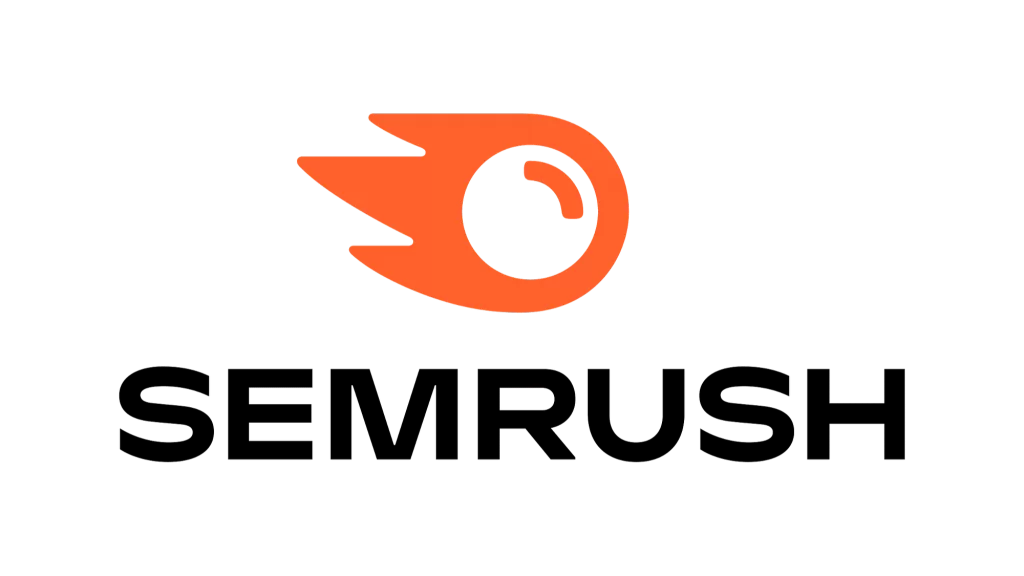
Semrush remains a titan in the digital marketing space, known for its versatility and depth. It provides comprehensive data on competitors’ keyword strategies, backlink profiles, content performance, and paid search campaigns. One of its standout features is the Traffic Analytics tool, which gives a granular look at a competitor’s web traffic sources, geographic distribution, and even engagement metrics. For content marketers and SEO pros, the Keyword Gap and Backlink Gap tools are essential for identifying where competitors are outranking you and why.
Beyond SEO, Semrush also supports social media tracking and brand monitoring. The platform’s Market Explorer tool helps you analyze industry trends and audience behavior, which is particularly valuable for entering new markets or launching new products.
Similarweb
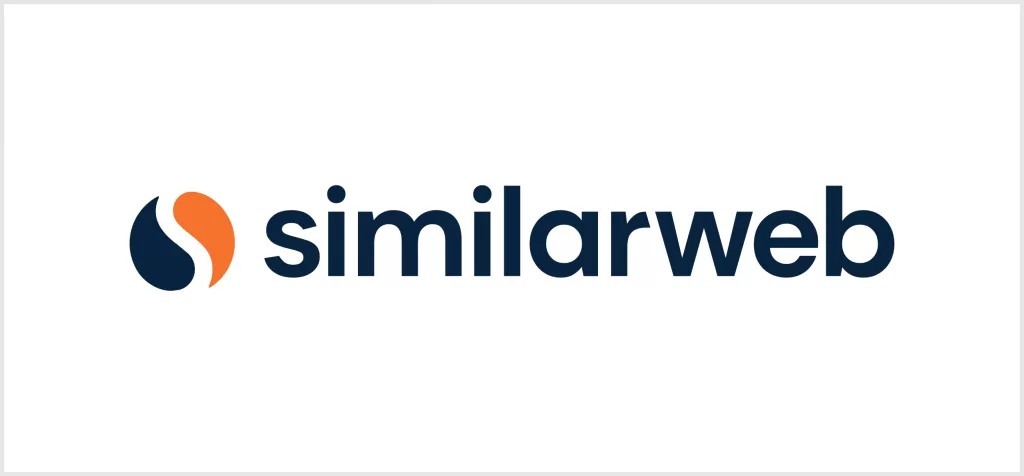
Similarweb shines when it comes to understanding web traffic and audience behavior. It offers macro and micro-level insights into how competitors acquire traffic, what channels perform best, and how user journeys unfold across websites. With its ability to show both desktop and mobile traffic metrics, Similarweb is invaluable for multi-channel strategy optimization.
The platform’s keyword analysis and referral tracking features help businesses uncover new partnerships and advertising opportunities. Moreover, its industry benchmarks provide context, helping you see where you stand relative to the leaders in your space.
Crayon

Crayon excels in real-time tracking of competitors’ digital footprints. It monitors everything from pricing changes and customer reviews to website updates and ad campaigns. What sets Crayon apart is its focus on visualizing these changes in a timeline format, making it easy to spot patterns and disruptions.
For sales teams, Crayon’s battle cards are a game-changer. They offer instant access to curated intelligence that arms your sales reps with competitive talking points, enabling them to better handle objections and close deals faster.
Kompyte

Kompyte brings automation into the competitive intelligence process. Once you input your competitor URLs, the platform continually scans the web for updates including ad creatives, landing page changes, social media activity, and SEO performance. You can also build alerts and customized dashboards to keep different departments informed.
What’s particularly valuable about Kompyte is its integration with CRM systems like Salesforce and HubSpot, allowing for seamless flow of intelligence into your sales and marketing operations. This ensures that the entire organization is aligned and responsive to competitive movements.
Brandwatch

Brandwatch is primarily known for social listening, but its capabilities go far beyond that. It scrapes millions of online sources, forums, blogs, social media platforms, and news sites to provide sentiment analysis and brand perception data.
Its AI-driven insights are ideal for PR teams and brand strategists who want to understand how their competitors are being perceived. By analyzing trending topics and public sentiment, you can craft messages that resonate better and avoid pitfalls that your competitors may have fallen into.
Ahrefs
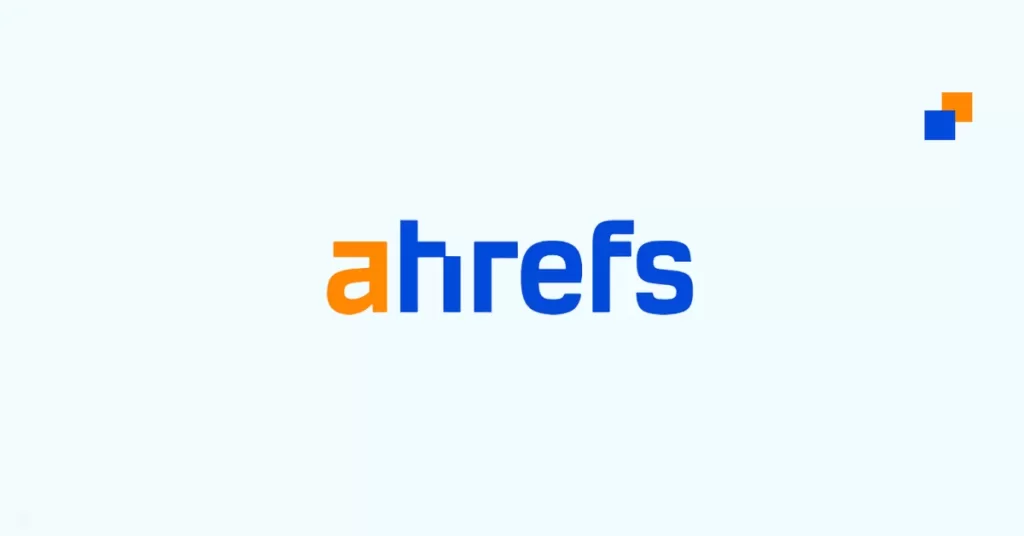
Ahrefs is a favorite among SEO professionals for good reason. Its massive link database allows you to perform deep backlink audits and understand why competitors rank higher. The platform also excels at keyword research, content analysis, and site health audits.
What makes Ahrefs invaluable for competitive intelligence is its Content Explorer feature. This tool enables users to discover top-performing content in any niche based on social shares and backlinks. It’s an excellent way to gauge what types of content resonate with your target audience.
SpyFu

SpyFu offers a laser-sharp focus on PPC and keyword intelligence. It allows you to see every keyword your competitors have ever bought on Google Ads, along with their ad copy and campaign structure. You can also track SEO rankings and domain strength.
One of SpyFu’s strengths is its historical data. You can analyze how your competitors’ strategies have evolved over time, providing valuable lessons for your own campaigns. Its easy-to-use interface also makes it accessible to smaller teams and agencies.
Talkwalker

Talkwalker is a robust tool that combines social listening, influencer tracking, and media monitoring. Its visual analytics engine helps users understand brand sentiment, trending conversations, and campaign impact across multiple platforms.
What makes Talkwalker a standout in competitive intelligence is its ability to monitor more than just direct competitors. You can also keep an eye on industry trends, customer expectations, and emerging threats or opportunities all from one dashboard.
Owler

Owler is a business intelligence platform designed to keep you updated on your competitors through daily email digests and alerts. It pulls data from press releases, company blogs, financial reports, and user-generated content.
Owler also provides company profiles and competitive comparisons, which are extremely useful when pitching to investors, preparing for board meetings, or entering new markets. It’s a simple yet powerful tool to maintain a high-level view of your competitive landscape.
Contify
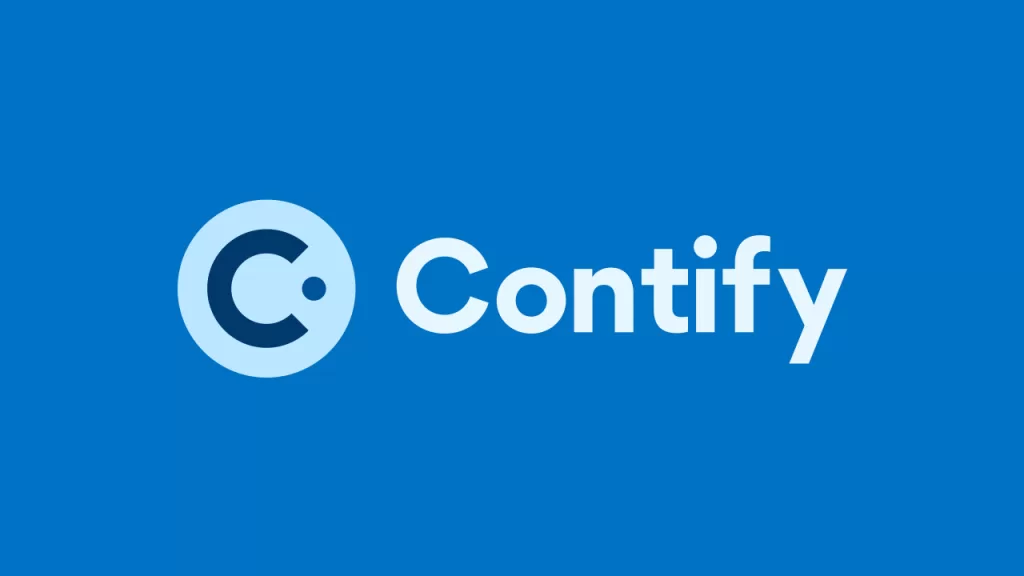
Contify serves enterprise-level clients with tailored competitive intelligence solutions. Its AI-powered engine collects, filters, and categorizes information based on your industry, competitors, and specific business needs.
This tool is particularly useful for industries like healthcare, finance, and manufacturing, where custom intelligence gathering is vital. It also enables the creation of personalized newsletters and feeds, which help internal stakeholders stay informed without being overwhelmed.
Klue

Klue is designed for sales enablement and competitive tracking. It collects intel from multiple sources, news sites, job postings, product pages, and customer reviews and turns it into actionable insights for sales teams.
What makes Klue especially powerful is its battle card functionality, which equips your sales reps with real-time, relevant data to win competitive deals. It integrates with tools like Salesforce and Slack, ensuring that critical updates reach your teams where they work.
Visualping
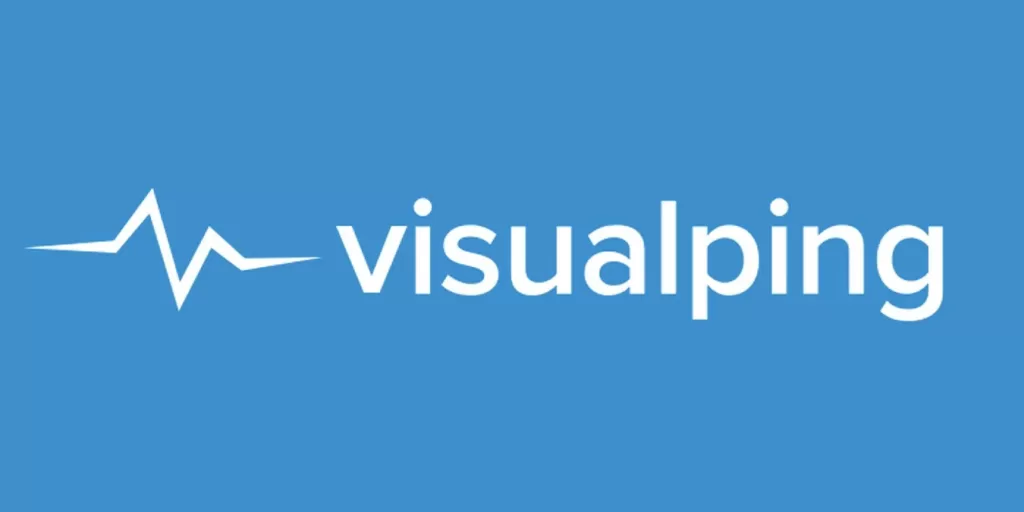
Visualping is a simple but effective tool for tracking visual changes on competitor websites. Whether it’s a new banner, updated pricing, or a redesign, Visualping alerts you instantly.
For product managers and marketers, this can provide a quick heads-up when a competitor is launching something new or experimenting with offers. It’s also a great way to monitor how your own site changes over time and maintain brand consistency.
BuzzSumo
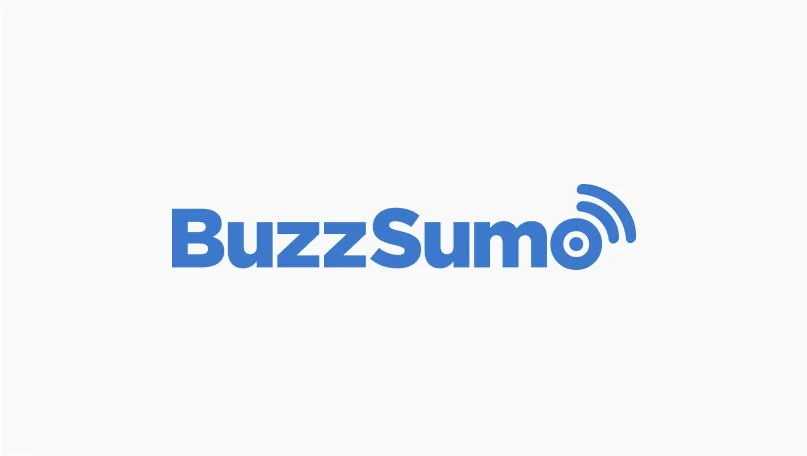
BuzzSumo specializes in content discovery and performance tracking. It helps marketers identify which topics are trending, what type of content performs best, and who the key influencers are in a particular niche.
You can also track your competitors’ most shared content and see how audiences are engaging with it across platforms. This makes it easier to craft content that fills gaps, performs better, and ultimately outranks existing articles.
Slintel

Slintel uses technographic and buyer intent data to offer insights into your competitors’ technology stacks and potential customer intent. For B2B companies, this can be a goldmine.
Knowing what tools your competitors use can help you differentiate your offering, while intent data allows you to target prospects who are actively researching solutions. This data becomes incredibly actionable when integrated into your CRM or marketing automation workflows.
Competitive intelligence is not about spying, it’s about strategy. In 2025, the brands that win are the ones who make decisions based on real-time, actionable data. By investing in the right tools, your team can move faster, plan smarter, and compete harder. Whether you’re focused on SEO, PPC, social media, or product development, there’s a tool on this list that can elevate your strategy and help you dominate your market.
Related Article: Generative Engine Optimization: The New Era of Search
The key is not just choosing the right tool but knowing how to use it effectively. Combine multiple data sources, share insights across departments, and always keep your goals in mind. With the competitive landscape evolving rapidly, now is the perfect time to leverage these intelligence tools and secure your spot at the top.

